Below, you’ll find our ten best games released on the PS3 (and not the 360). There are notably more Japanese games on this list, and the PS3 has more solid RPGs than a lot of people give it credit for, so we have a ranked list of 10 for you!
1) Persona 5
Written by Daniel Hernandez
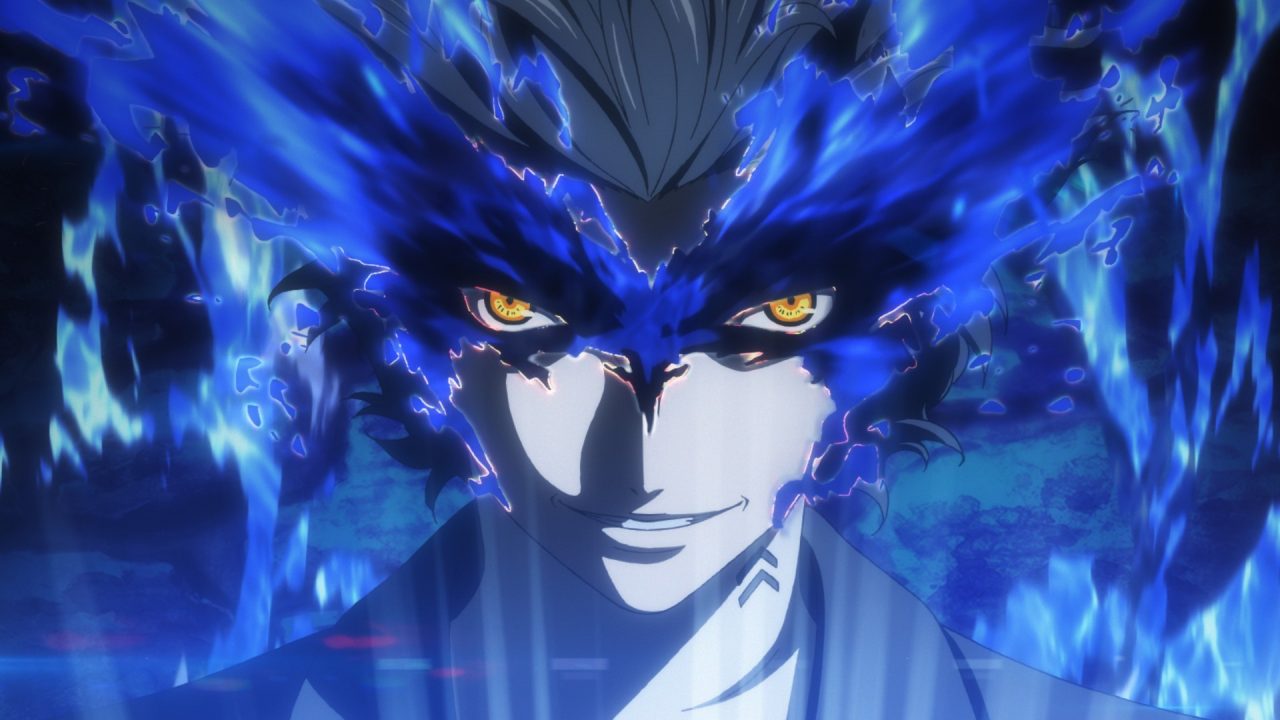
I’m always tickled when someone discovers Persona 5 to be on the PS3. It is! And while it may be lacking in a few graphical bells and whistles, the PS3 version is still our beloved Persona 5. Atlus’ acclaimed JRPG focuses on a group of troublemaking high schoolers who moonlight as “The Phantom Thieves.” For me, the highlights of the Persona series have been the characters and their interactions. Persona‘s Social Links offer some great insight into NPCs that make them incredibly compelling and “real,” despite occupying a world where a talking cat forces you to sleep each night. By the end of the game, I found myself admiring characters I hated near the beginning. The well-written characters, smooth turn-based combat, and sleek UI make Persona 5 one of the most enjoyable JRPG experiences in the past decade, regardless of platform.
2) Tales of Xillia
Written by Wes Iliff
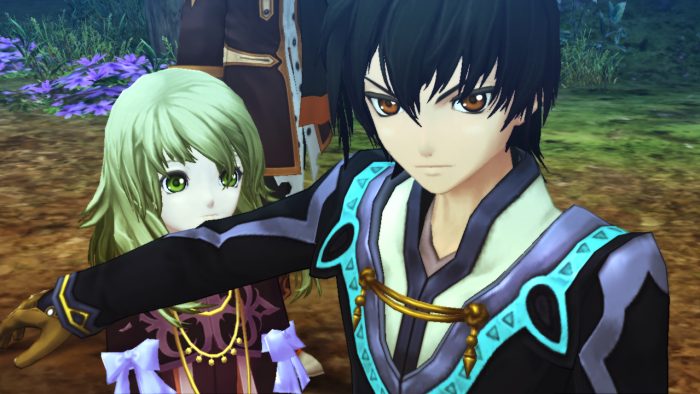
Tales of Xillia feels special as one of the last games in the series to follow the traditional formula. As the series would experiment more readily from here, this last dip into something classic comes off as a welcome nostalgia trip today. Sure, it has some innovative elements, including a roster of playable characters who each feel unique to play as, but for the most part, Tales of Xillia is what you’d expect, but prettier. This is far from a bad thing, however. Tales of is a series that strikes the comfort food portion of your brain, the part that wants to relax and just enjoy an RPG without pretense. The story is engrossing, with two main characters to choose from who each occupy very different parts of the story while still working as a duo in either route. If you want that classic Tales of experience, Tales of Xillia is one to beat.
3) Valkyria Chronicles
Written by Abraham Kobylanski
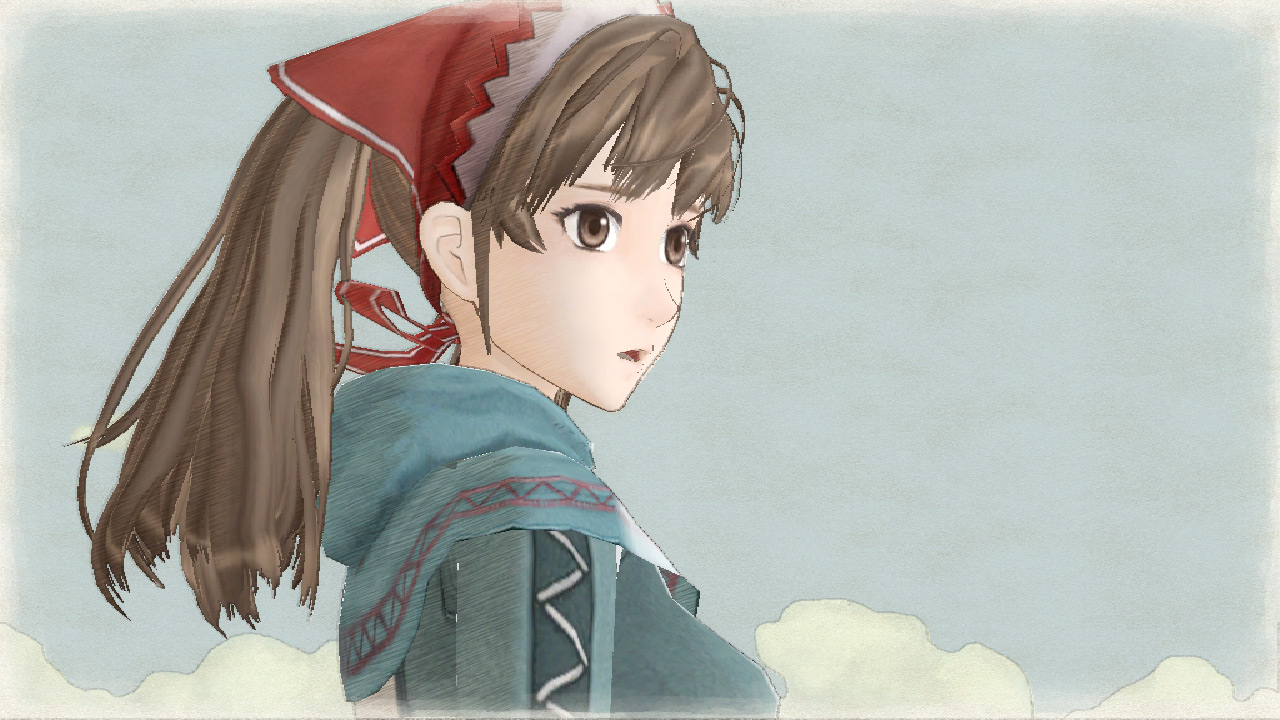
In the mythical continent of Europa, when the Imperial Alliance invades the small nation of Gallia, the country’s ragtag militia rallies to send them packing. The setting of Valkyria Chronicles is a thinly veiled representation of World War II with a few fantasy elements thrown in.
Though it’s a gritty story, VC can still turn on the charm when it wants to. Welkin, Alicia, and the rest of the cast are a scrappy group of ordinary people who bravely pick up rifles and tanks to defend their homeland. These soldiers are full of personality and pluck, and they’re beautifully cel-shaded, making it even sadder if you get them killed. The turn-based tactical battle system pauses as you plan your next move. When you’re ready to go, you’re thrown into action, maneuvering units across the battlefield and hopefully making it into cover, dodging bullets all the way.
With the PS3’s limited tactical RPG library, Valkyria Chronicles is essential for strategy fans.
4) Tales of Graces f
Written by Tyler Trosper
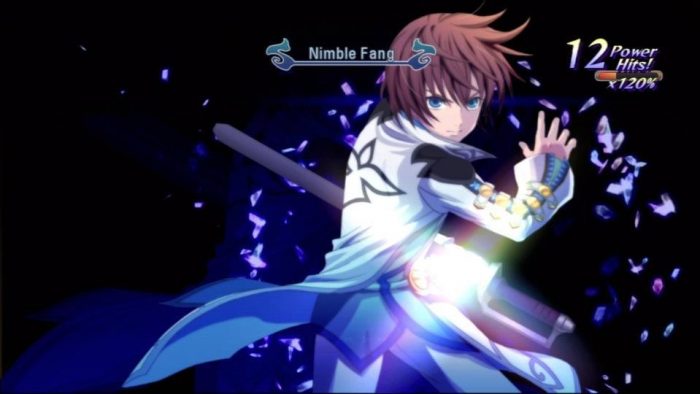
Depending on your mileage with JRPGs, the “power of friendship” trope has grown incredibly tiresome. While Tales of Graces f leans hard into the lives of childhood friends Asbel, Cheria, Hubert, Richard, and Sophie, their friendship drives the story. The game showcases how friendships, whether childhood or otherwise, can change over time, and not always for the better. It’s a heartfelt story that might not be the pinnacle tale of the Tales of series, but the charming characters help elevate an otherwise dull theme.
If you’re not here for the “power of friendship,” then you are here for the battle system! Touted as one of the best in a Tales of game, Tales of Graces f uses the Chain Capacity (CC) system that puts actions at a cost that is quickly replenished through guarding, evading, and landing blows against your enemies. It’s fast, intuitive, and an overall blast to play! Even if you hate the story, Tales of Graces f still delivers a quality game.
5) Ni no Kuni: Wrath of the White Witch
Written by Bob Richardson

When Ni no Kuni: Wrath of the White Witch was announced what feels like fifty years ago, all Ghibli fans lost their minds, justifiably so. You mean I can experience Miyazaki’s work and play it? I can interact with his world while the untouchably astounding Joe Hisaishi spurs me forward with his peerless melodies performed by the Tokyo Philharmonic Orchestra? Yes! And while it’s not the perfect game—certainly catering to a younger demographic—it leaves us imagining what is possible as animation, cinema, and video games coalesce. Full of whimsy and wonder, Ni no Kuni’s visual style and storytelling are hard to forget, even as this doddering old fool ages. Taking in this imaginative world alongside Oliver is a joy to behold, and I cannot wait for my kids to one day venture out intrepidly into its gorgeous landscapes and bustling towns.
6) The Legend of Heroes: Trails of Cold Steel
Written by Peter Triezenberg
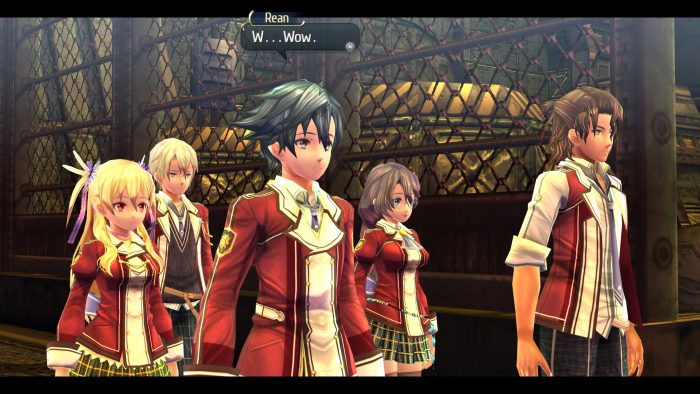
It’s a little weird that we got Trails of Cold Steel before its immediate predecessors, Zero and Azure, in the West (which is only now being remedied), considering that its story runs in parallel with that duology. Still, the game is a terrific blend between Persona‘s sim-life elements (including a vaguely Social Link-like system) and a more traditional JRPG, and a worthy entry point into the wider Trails series.
Trails of Cold Steel introduces us to the Erebonian Empire and Rean Schwarzer as he begins attending Thors Military Academy’s fledgling Class VII, which consists of students from both Erebonia’s nobility and commoner classes. As the story unfolds, you’ll learn about Erebonian society and the divides among its people, and uncover a conspiracy that will shake the nation to its core. Between missions, you’ll hang around Thors’ campus, interacting with your classmates and running errands to improve your relationships. Trails of Cold Steel is also a pretty meaty game, with 70-100 hours of content depending on how much of a completionist you are.
7) Demon’s Souls
Written by Gio Castillo
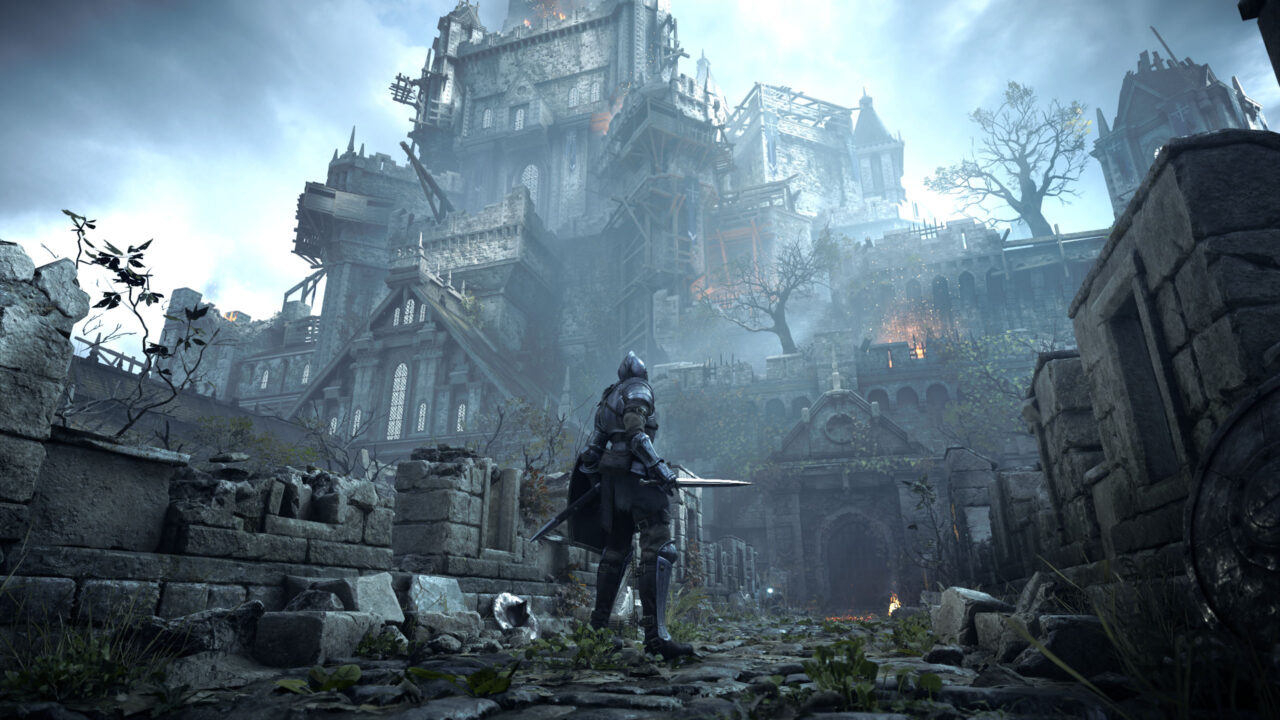
It’s hard to overstate how significant a course correction Demon’s Souls ended up being. The developers saw where the wind was blowing in the late 2000s and said nuts to that. But then, the rest of the industry followed suit. FromSoftware’s 2009 opus signaled to developers that it’s okay to kick our asses. We like it! More, please!
So much of Demon’s Souls is timeless. For one, its fundamental combat and gameplay mechanics have stayed largely the same for over a decade—anyone who picks up Elden Ring can proceed here with nary an issue. From’s—or Hidetaka Miyazaki’s—storytelling and worldbuilding chops emerge in this game fully formed. Musically, it could well stake a claim as the series’ best, but that’s a discussion for another day. All this to say that Demon’s Souls will forever be an adventure worth embarking upon, so, with all love and respect, go die and trap your soul in the Nexus.
8) Atelier Totori: The Alchemist of Arland
Written by Des Miller
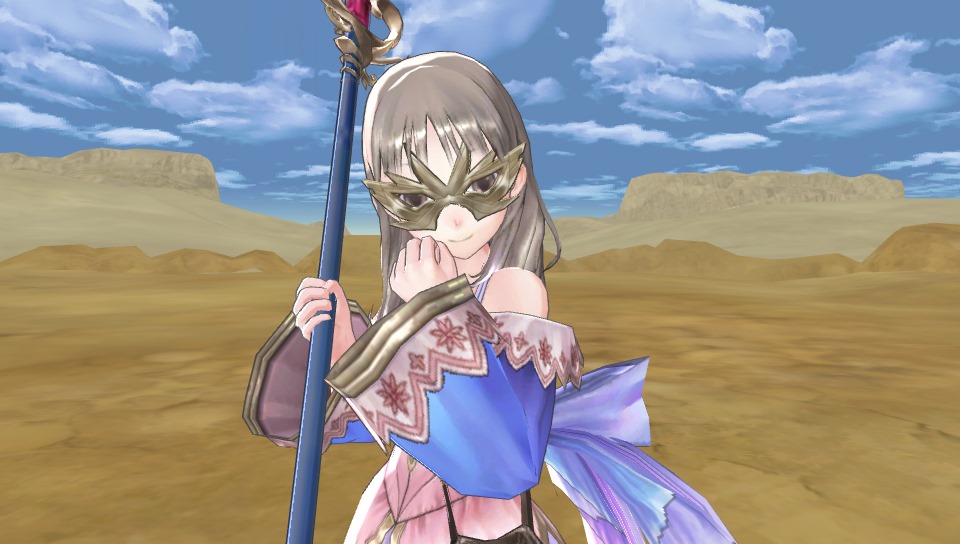
Atelier Rorona introduced the West to the more traditional style of Atelier game. Rather than going on a grand journey to save the world like in the Atelier Iris sub-series, players spent most of their time gathering materials, exploring new areas, and crafting unique items. The follow-up Atelier Totori expands upon this by adding all the elements of a grand adventure while keeping the heart of the series intact. A lovable cast, expanded battle system, and shocking glow-up compared to its predecessor make Atelier Totori one of the standout entries in both the Atelier series and the PS3 library in general.
Atelier Totori tells the tale of the bright-eyed and good-hearted Totori who wields a handful of grand ambitions. She wants to be a great alchemist, become a famous adventurer, and, most importantly: find her missing mother. It’s a heartwarming tale of a young girl chasing her dreams, making new friends, and finding her place in the world.
9) Yakuza 5
Written by Michael Sollosi
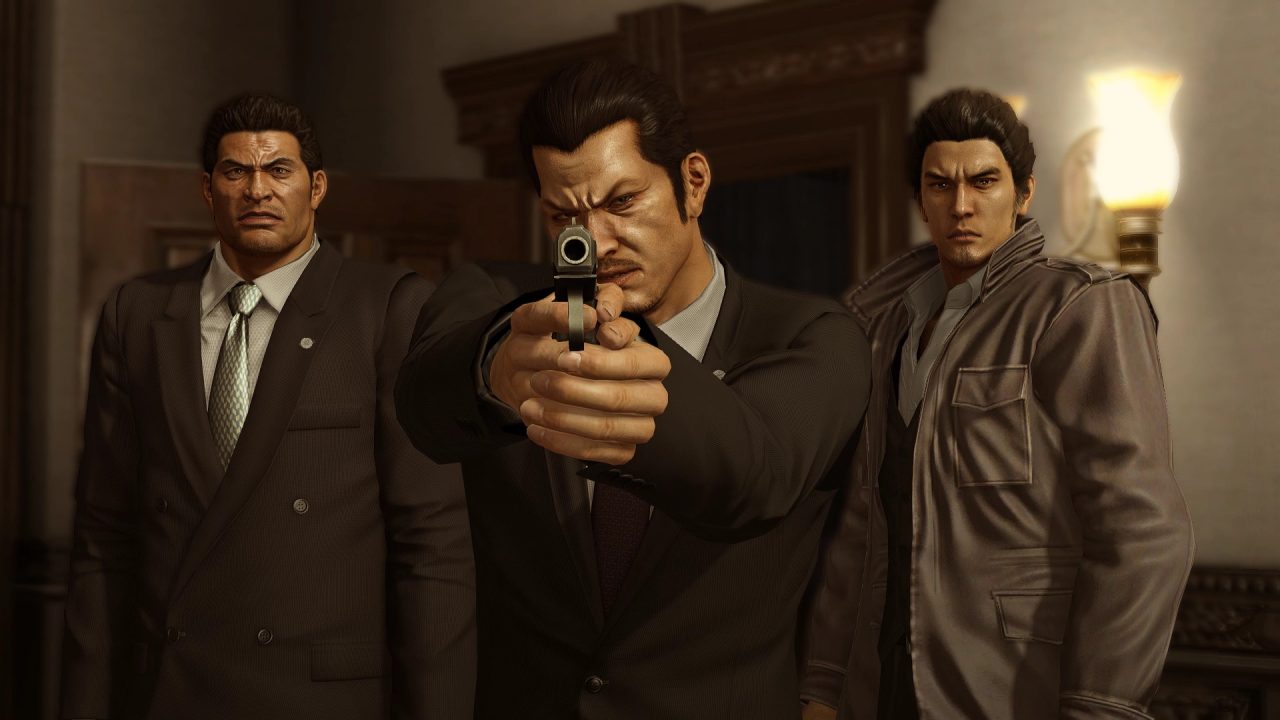
Yakuza 5 takes place in five Japanese cities, with five main characters struggling to achieve their dreams. Ex-yakuza Kazuma Kiryu is a taxicab driver in Fukuoka working under an alias; Taiga Saejima is in prison (again) only to make a daring escape (again) to Sapporo; Haruka Sawamura is an aspiring pop idol in Osaka, with Yakuza 4 favorite Shun Akiyama as her chaperone; and disgraced baseball player Tatsuo Shinada seemingly can’t catch a break in Nagoya.
The four scenarios above merge into an organized crime conflict in Tokyo that threatens all of Japan. It would take too long to explain Y5’s convoluted plot and detail its smorgasbord of minigames, side stories, and wild hijinks: drift racing, bear hunting, street dancing, joke telling, ramen cooking, and tourism photography minigames are only a handful of the side hustles in Yakuza 5. If you think that sounds like A Lot, you’re right. And it’s wonderful to behold.
(Also, don’t miss our Yakuza series primer if you haven’t seen it!)
10) The Legend of Heroes: Trails of Cold Steel II
Written by Audra Bowling
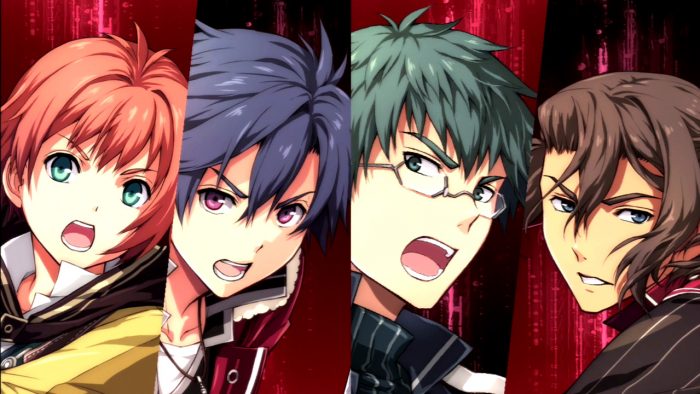
The Legend of Heroes: Trails of Cold Steel II starts immediately in the chaotic aftermath of the first Trails of Cold Steel‘s ending. Rean, his talking feline companion Celine, and the sentient mech Valimar get separated from the rest of Thors Military Academy’s Class VII. That’s just the beginning, though: Rean not only reunites with his closest friends and family, but also becomes embroiled in a civil war threatening to destroy the empire.
Trails of Cold Steel II features fun combat, good music, a likable cast of core and supporting characters, and a storyline filled with heart and hidden depth. It is my favorite game of the Cold Steel sub-series, and it sets the stage wonderfully for what is to follow without any unnecessary or dull moments. It is a solid RPG experience that’s a great example of what a sequel should deliver in terms of story and gameplay.



